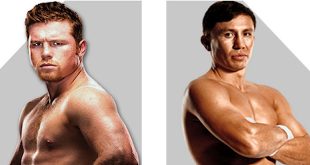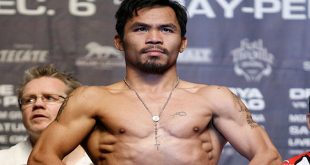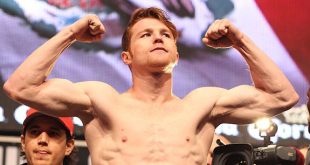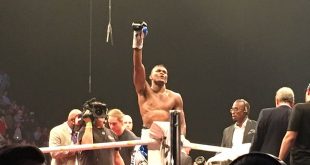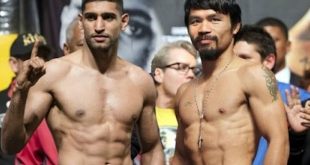Everyone has a talent, no matter how veiled or insignificant it might seem. It could be a tendency to excel in a particular discipline, an intuition that others lack, or simply a personality trait that warms you to others. Whichever of these elements applies to you, it is probably fundamental to your self-esteem, how you distinguish yourself from others and what encourages you through difficult times. Imagine your talent, vibrant and central to your daily life, then imagine its sudden disappearance and the void it would leave behind. Consider the case of Maurice Ravel, described as a genius and certainly one of the great orchestral composers of his time. The last five years of Ravel’s life fell under the shadow of Aphasia, a condition that destroys the left-brain hemisphere. Ravel’s affliction manifested a crucial dissociation between his creative and practical capacities, therefore, the musical masterpieces of his dreams remained locked in a cerebral prison created by his inability to express them in word or on the page. Such cruelty, inflicted upon a spirit as strong and free appears again in the prizefighter. He whose body is an instrument of destruction has but a small window of time in which to realize its full potential before Time’s inevitability takes that which was his sanctuary.
Whether through the inevitable toll of time, or the premature intrusion of excessive punishment, all fighters lose something before the end of their careers, and the exposure of that loss is often cruel and dramatic. In receiving the gift of a decision in his first fight with Antonio Tarver, Roy Jones had an off night. When Tarver scorched the famed champion in two rounds of the rematch, Jones suffered a fate that could befall any fighter. Against Glen Johnson, it finally became obvious that something fundamental in Jones’ armory was lost, perhaps forever. The definitive loss of speed and reflexes muted what was once as close to a boxing virtuoso as the last twenty-five years if pugilism has produced.
The sheer artistry, the poetry of motion that Jones’ performances embodied fell away. Many were brutal in their assessment of Jones when no suitable defense remained to assail criticisms of him. Some reckoned that Jones had never truly embraced the fundamentals of the sport, that his lazy employment of such weapons as the jab ultimately cost him and a line of such accusations formed the basis of a categorical denial of Jones’ boxing legacy. I always considered Jones as physically free and uniquely intuitive of the spaces left by his opponent and the opportunities that he might exploit as a counter-puncher. The “lazy” jab was strategic, tempting an opponent to traverse the treacherous route into Jones’ territory before blinding speed and accuracy brought punishment and ultimately, success unparalleled.
Akin to many of today’s notable fighters, Jones is a boxer and a businessman, and therein lays a legitimate case for criticism. In boxing, Jones symbolized the successful modern athlete. He held all of the trappings his status could bestow while employing a style that seduced the eye. It was not without some longing that you watched Jones throughout his glory years, confident that his style would see him to victory against the greatest fighters, but all the while knowing that he had not yet come close to challenging himself in the ring. Now that his journey seems over, the void felt comes not from any lack of belief in his ability, but from the fact that for all his qualities, he took the decision to negotiate away from the chance of greatness. Ironically, for all his wanton avoidance of physical harm, Jones’ eventual absorption of it, especially in the wake of these times when several fighters opt to quit rather than face a beating, offers him some respite from an even more cruel dismissal by boxing fans.
Looking back through Jones’ career, no definitive example exists of great adversity overcome, of a fighter meeting him on equal terms and ending up beaten by a vastly superior force. Through all those many years, as we debated and pondered over the innumerable ways in which Jones’ career might evolve towards true greatness, there was a foe waiting for him, one whose strength overwhelmed any that Jones ever faced. That foe was Time itself, and now that it moves forward, taking with it a faded generation, will Jones do as he should and retire from boxing?
Jim Cawkwell can be reached at jimcawkwell@yahoo.co.uk
 Boxing News Boxing News
Boxing News Boxing News
